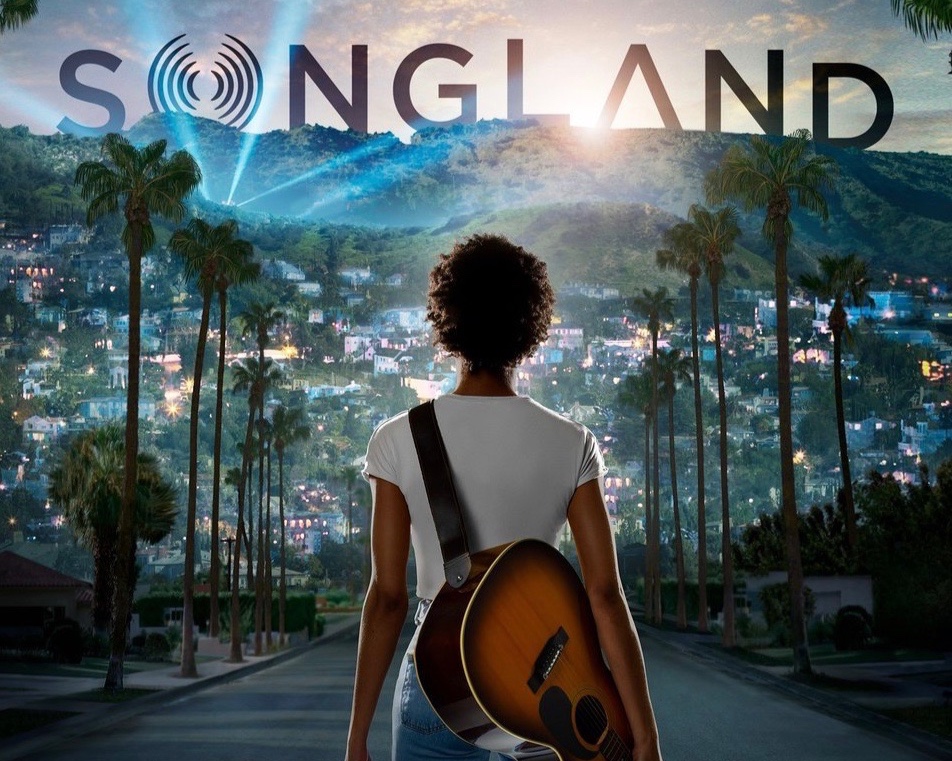I spent the past holiday weekend digging into what the deal is with the deal. Maybe you read the article that broke the internet last weekend: songwriters and non-songwriters alike were outraged by the predatory grabbiness of the contract hopeful songwriter contestants were forced to sign by NBC/Universal (and guilty-by-association exec-producer Adam Levine): 100% buyouts of the copyrights… including the writer’s share… on all uses of all versions of the submitted song.
In addition to breaking the internet, the article also broke my phone. As the Executive Director of a songwriters’ advocacy organization, Songwriters Of North America (SONA), and in place of the union we aren’t allowed to have, people contacted me and my organization looking for some kind of collective response – a pushback to these awful deals, in support of songwriters and against the egregiousness of contestants being forced to give away their writer’s share just to appear on the show. (The “writer’s share” of performance royalties for an original work is considered non-transferable and giving it away is a hardline “NO” for us at SONA.)
As it turns out, the widely-shared article from The Wrap was originally published three years ago (I knew this outrage felt familiar!), and it accomplished what it was meant to accomplish at the time by stirring up enough public outcry to force the show’s production company to change the deal for songwriter contestants to something more fair. According to my sources, the present deal is this: songwriters maintain their publishing and writers’ shares, but have to pre-agree to add their songwriter mentor, and possibly the artist who selects the one song to record, to the copyright as co-writers. Additionally, they must grant a synch license for all versions and uses on the show and to waive the associated synch fees (“synchs” are when music is “synched” to a visual medium, like TV or film) for the 1st year after initial airing. The production company (administered by BMG) will co-publish the final versions of the final chosen songs on a one-off basis.
And Adam Levine isn’t on the show, Ryan Tedder is.
With the record corrected and the knowledge that the show’s contracts are not-ideal-but-not-evil, I felt OK about watching “SONGLAND” last night. Here are my thoughts as a songwriter watching a TV show about songwriting:
When I moved to Los Angeles 15 years ago, I immediately got in on the favorite local side hustle – pitching TV shows. One of the first show ideas I pitched was “Project Runway for songwriters” to a friend (my former publisher) who worked for Mark Burnett. He told me that 1) I was probably the 20th songwriter to pitch the idea to him and 2) shows about writing are boring.
*sad trombone sound*
But I’ve long imagined how this could work… a peek behind the curtain at what we do everyday. Podcasts like “And the Writer Is” and “Storyophonic” do an incredible job of getting into our process and nerding out on specifics in a way that’s both compelling and entertaining… but they don’t (gulp) watch us work. Letting cameras into “the room” is problematic. Mainly, there’s not much to see there. For me it would involve following me around when I walk my dog, as I’m humming to myself while driving or as I stare blankly at a laptop screen from a studio couch… not exactly television gold. So the first thing I became uncomfortably aware of is how the pro writers on the show felt compelled to turn the writing process into a performance – all singing along and cheering as they “fixed” the newbie’s song in real time. In reality, we spend a lot of quiet time, as if trying to listen for the answers to the musical questions in our heads.
Being a fly on the wall in someone else’s writing room made me feel painfully self-conscious. I’ve said all the same things those songwriters said at different times in a session. There are truisms and tropes and tricks we ALL use, apparently. And familiarity does breed some contempt among our world of working pop songwriters, which is (appropriately) about the size of a large high school – haters are going to have plenty to hate here. “Cheesy,” “contrived” and “boring” were common descriptors on the morning-after social media post-mortem. But as painful as it is to watch at times, I think that for our community of music creators, SONGLAND is a net positive, because it demonstrates some important truths about our job to the outside world:
Songwriting is hard.
And great songs are rare. As infectious and lovable as the contestants’ energy was when they first “pitched” their songs to the artist listening – in this case, John Legend – I could hear right away that those original drafts needed work; the melodies either hovered or didn’t vary enough, the ideas and arrangements were clichéd, and the lyrics, save for a few lines, were pretty unremarkable. Yikes. Legend is himself a skilled and experienced songwriter and I cringed with empathy for him at the task of having to choose a song from this group to record for himself. Although hearing him play and sing a line or two of each song’s best bits reminded me that a great artist can make anything sound good, but really… the song itself should bear the weight of what’s being expressed.
Songwriting is magical.
The unquantifiable combination of talent and instinct was well on display here. In the song Shane McAnally chose to work on, he identified the one nugget, gem even, within the jumble of ideas which bore repeating. It wasn’t obvious. But it was sticky. And he did a beautiful job of setting up and highlighting that repeatable bit, making it meaningful and pulling some magic and instinct out of his co-writer as well. It’s a superpower. And I love that people who don’t write songs got to see that in action.
Songwriting is strategic.
When we don’t have the shining gem of an idea to work with, we use our skills as craftspeople to elevate and showcase other strengths of the song. Ryan Tedder is a master craftsman; in this instance raising the tempo, adding hooky production elements and raising the bar for his co-writer to reach lyrically, made for a much better and more coherent song. Ryan’s pitch to John Legend was masterful as well. “It’s your message to Chrissie.” Slick.
The business of songwriting is harder than ever.
Early in the episode, the pro writers went around and listed the day jobs they had as they were starting out. I was a wedding singer and interned for a publicist, but between signing a publishing deal and getting assorted album cuts, I was able to write songs full-time just two years in. That doesn’t happen anymore. Most younger songwriters I know hang onto their day jobs well-into their first charting singles. This is because album sales have plummeted and the impossibly low royalty rates that digital streaming services pay songwriters have decimated our ability to make a living. In addition, we don’t have access to collective health insurance. So, I appreciated the way these songwriters at the top of their games still managed to get the message out about what a difficult career it is.
It’s important to remember that modern pop songwriting – the craft that SONGLAND features – is a commercial enterprise, closer in nature and as subject to trends as working in fashion. This is not a show that’s trying to find a 2019 Joni Mitchell, as much as perhaps a 2019 Carole King. And as stylized and edited for drama as the show is, it’s still about a behind-the-scenes process. What are the stakes if there’s no final winner? How can we pick our favorite when the contestants change weekly? Are terms like “pre-chorus” and “post-hook” too jargon-y for a home audience? Or will it be enough for regular network TV watchers to dive into the long-overlooked craft of songwriting if some recognizable pop stars are there to guide them through it? I’m dubious. But as someone who’s logged their 10,000 hours writing songs, I support the effort. And as someone who advocates for the value of songs and the songwriting profession, an awareness and appreciation of how we do what we do will go a long way in supporting the cause. Fingers crossed that it’s a hit!
Michelle Lewis, SONA Executive Director
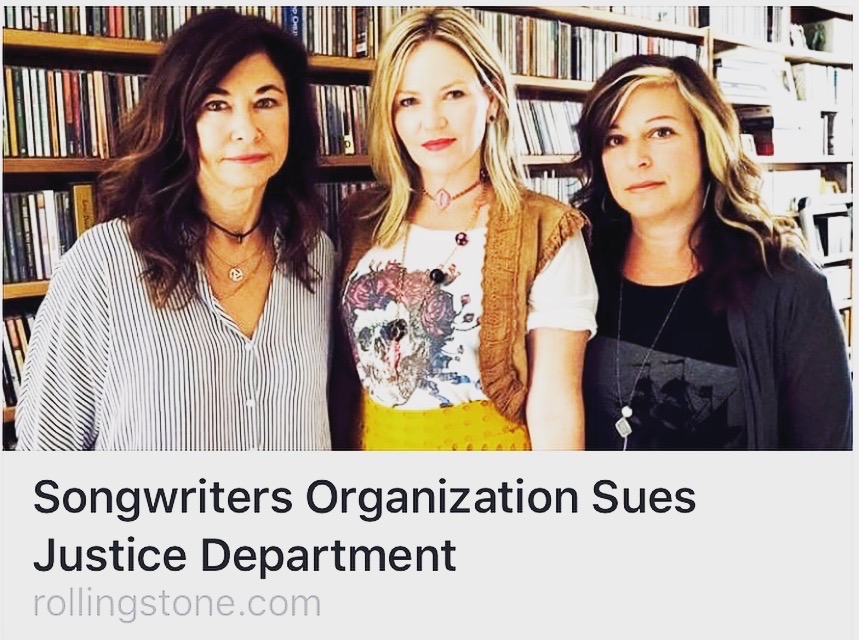
Advocacy, December 30, 2023
Story of SONA
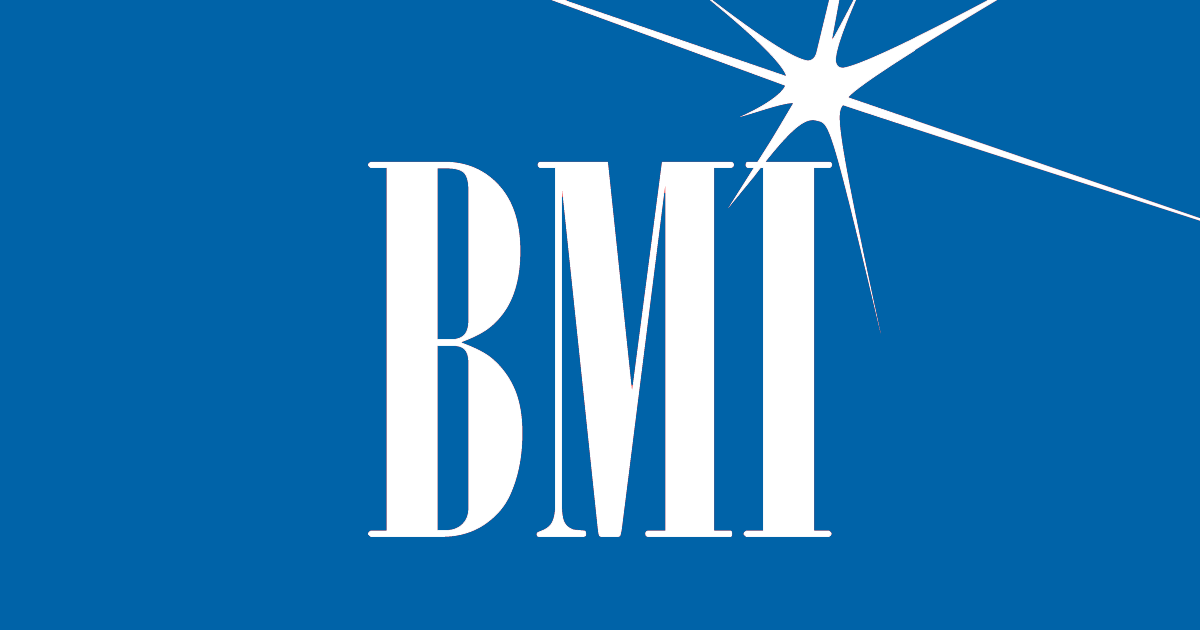
News, September 1, 2023
The BMI sale: A News Roundup
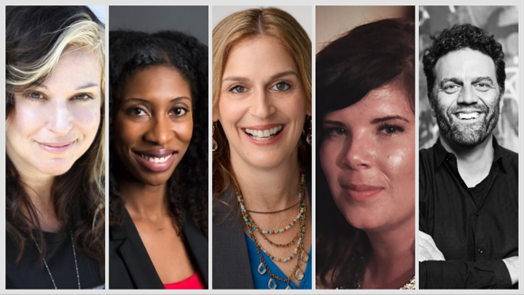
News, January 25, 2024
SONA amplifying songwriter voices with key new advocacy leadership positions
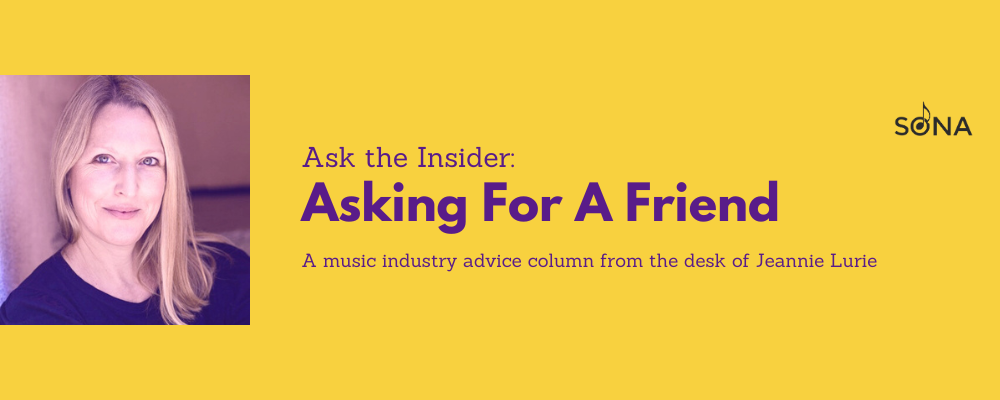
Advocacy, December 20, 2023
Songwriters vs AI: The Battle For Justice!
Let’s Chat!
Questions? Get in touch with us by filling out the contact form below. We’ll get back to you as soon as we can.
